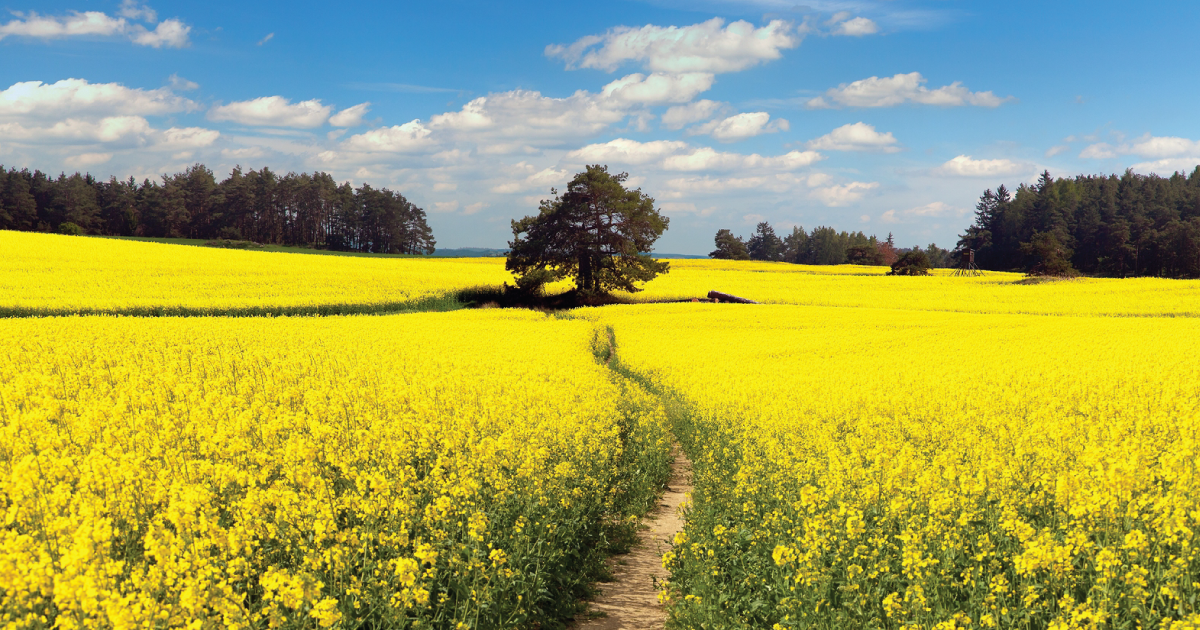
Oregon’s Seed War: Can Vegetable Crops and Canola Coexist in the Seed Capitol of America?
On July 1, a state law that restricts canola cultivation in Oregon’s Willamette Valley will expire. Around the state capitol, two groups of farmers and their advocates are locked in battle over the potential expansion of canola production. It’s the latest flare-up in a 20-plus-year fight over the future of these prime farmlands stretching 125 miles due south from Portland.
June 20, 2019 | Source: Civil Eats | by Lynne Curry
With a state law restricting canola cultivation set to expire, a 20-year fight over the future of growing seeds on the Willamette Valley’s 1.7 million acres is at stake.
On July 1, a state law that restricts canola cultivation in Oregon’s Willamette Valley will expire. Around the state capitol, two groups of farmers and their advocates are locked in battle over the potential expansion of canola production. It’s the latest flare-up in a 20-plus-year fight over the future of these prime farmlands stretching 125 miles due south from Portland.
Cradled between two mountain ranges, the populous Willamette Valley is one of the most productive and protected agricultural regions in the country. While renowned for its diversity of farm crops and wine grapes that feed a thriving farm-to-table movement, it’s also the epicenter of a lucrative seed industry. Lands for growing grass seed, cover crop seed, and flower and vegetable seeds dominate the corridor’s 1.7 million arable acres.
